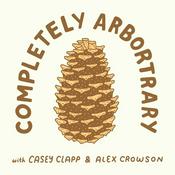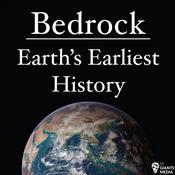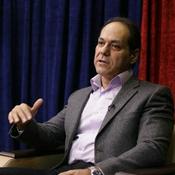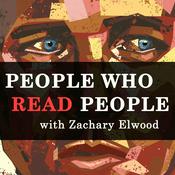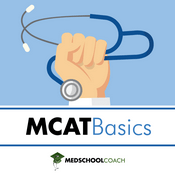9 episodes

The Birds Aren’t Alright
9/09/2025 | 39 mins.
In the Project Upland Podcast episode “The Birds Aren’t Alright,” hosts Gabby Zaldumbide and A.J. DeRosa speak with Dr. Michael Brasher, senior waterfowl scientist at Ducks Unlimited and co-chair of the State of the Birds Report Science Committee, to uncover what the latest data reveal about bird population trends—and what is at stake if federal funding for avian research disappears.Bird species have been monitored for more than a century, but if federal funding for avian research is lost, what else will vanish with it? The conversation traces the roots of modern bird monitoring back to the first Christmas Bird Count in 1900 and explains how decades of citizen science, state surveys, and federal efforts now feed into one of the most important bird conservation reports of our time. Dr. Brasher shares how long-term data collection reveals population changes in ducks, seabirds, upland game birds, and more, underscoring that the greatest driver of decline is widespread habitat loss.The discussion highlights the concept of “tipping point species”—birds that have lost more than 50 percent of their population over the last 50 years, including iconic game birds such as the greater sage-grouse and the lesser prairie-chicken. The hosts emphasize both the hope and urgency contained in the report: citizen science tools like eBird empower everyday birders to contribute critical data, while conservation policies such as the Duck Stamp Program have proven their value in reversing declines. Yet the episode also warns of looming threats, including deep funding cuts to federal conservation programs and the risk of losing the scientific foundation for hunting regulations. Ultimately, the conversation serves as a call to action for hunters, birders, and citizens alike to participate in monitoring, advocacy, and habitat conservation to ensure the future of North America’s birds.Listen to past episodes here: Project Upland PodcastIf you want to support independent journalism, check out the Project Upland Podcast Patreon. Support the show

Urgent: The Senate Public Lands Sale - A Breakdown
6/19/2025 | 34 mins.
In this episode, AJ and Gabby take a break from their regular programming to discuss the sale of public lands as part of the federal budget reconciliation bill. On June 11, 2025, the Energy and Natural Resources Committee Hearing to Examine the President’s Budget Request for the Department of the Interior for Fiscal Year 2026 took place. In it, senators discuss “The “Mandatory Disposal of Bureau of Land Management Land And National Forest System Land for Housing,” which would require the sale of 2-3 million acres of Bureau of Land Management (BLM) land and U.S. Forest Service (USFS) land within a five year period.BLM and USFS land is public land—YOUR land. Why are senators trying to include the sale of our land as part of the budget reconciliation bill? Some theorize that it’s part of a systematic, long-term approach to shift public lands towards private control. The current reconciliation effort isn’t an isolated policy—it’s the culmination of decades of ideological moves.If you care about the American public retaining access to the land we collectively own, now is the time to speak up. Contact your senators via social media, phone, email, or snail mail and tell them what you think. Three million acres of your lands are on the line.Listen to past episodes here: Project Upland PodcastIf you want to support independent journalism, check out the Project Upland Podcast Patreon.LinksWatch the Senate hearing here.Read “More Details Emerge Around the Public Land Sale Bill — and It’s Worse Than You Think” by Andrew McKean here. This ArcGIS map visualizes the 250+ million acres of public lands eligible for sale in the Senate budget reconciliation package. Support the show

A 140-year-old Woodcock Exposed an Eco Villain
5/30/2025 | 33 mins.
How an 1885 dissection unraveled a hidden story about invasive worms and the migration routes of the American woodcock in North America.In 1887, Frederick Webster, a taxidermist from Washington, D.C., wrote a short article in a scientific journal. In it, he described dissecting a woodcock from Martha’s Vineyard that had a crop filled entirely with ferns. Why did this woodcock stray from its usual diet of invertebrates? A.J. and Gabby, hosts of the Project Upland Podcast, search for the answer—only to uncover the surprising story of invasive worms in North America. Together with woodcock researcher Dr. Amber Roth and soil ecologist Dr. Peter Groffman, we learn how eco-engineering has destroyed native landscapes, contributed to the spread of ticks and invasive plants, and more. From woodcock migration during the Ice Age to the tobacco trade, this investigation is full of twists and turns.Listen to past episodes here: Project Upland PodcastIf you want to support independent journalism, check out the Project Upland Podcast Patreon. Support the show

The Mystery of Grouse Drumming: From Thunder to Artificial Intelligence
5/02/2025 | 36 mins.
In this episode, Gabby and AJ explore the mystery of ruffed grouse drumming—starting in the 1700s, when naturalists first theorized about the sound, and tracing the evolution of human technology that finally unlocked the truth behind this unique behavior. Along the way, they talk to biologist Alaina Roth, Wisconsin’s statewide ruffed grouse specialist, who sheds light on grouse life history, drumming counts, and how technology is transforming wildlife surveys. This episode covers everything from historical myths and early scientific discoveries using cameras to modern AI-driven drumming surveys and the critical role of habitat in grouse conservation.Listen to past episodes here: Project Upland PodcastIf you want to support independent journalism, check out the Project Upland Podcast Patreon.You can also subscribe to the Project Upland Podcast on:Amazon MusicAppleSpotifyYouTubeSupport the show Support the show

Are Upland Hunters Hardcore? The Data Says Yes
4/09/2025 | 37 mins.
In this episode, Gabby and AJ talk about the North American Upland Bird Hunting Survey, which has been conducted annually since 2018. The eighth iteration of this survey explores everything from hunting dogs and shotguns to upland bird species—and just how much and how people hunt them. The 2025 edition includes an expanded opinion section covering current and historical policies, environmental issues, and political leanings. Learn how hard the Project Upland community hunts, all the way to their favorite dog breeds.Listen to past episodes here: Project Upland PodcastIf you want to support independent journalism, check out the Project Upland Podcast Patreon.You can also subscribe to the Project Upland Podcast on:Amazon MusicAppleSpotifyYouTubeSupport the show Support the show
More Science podcasts
Trending Science podcasts
About Project Upland Podcast
Listen to Project Upland Podcast, Short Wave and many other podcasts from around the world with the radio.net app
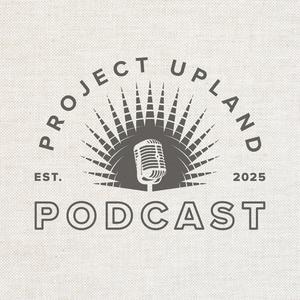
Get the free radio.net app
- Stations and podcasts to bookmark
- Stream via Wi-Fi or Bluetooth
- Supports Carplay & Android Auto
- Many other app features
Get the free radio.net app
- Stations and podcasts to bookmark
- Stream via Wi-Fi or Bluetooth
- Supports Carplay & Android Auto
- Many other app features


Project Upland Podcast
download the app,
start listening.







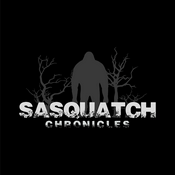




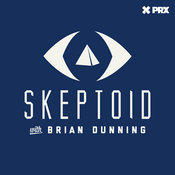

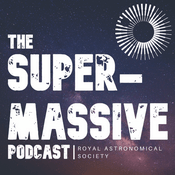





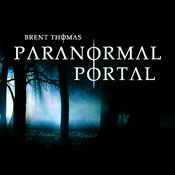
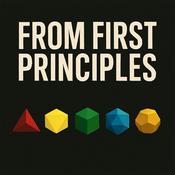

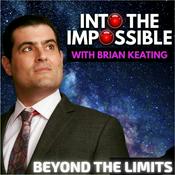
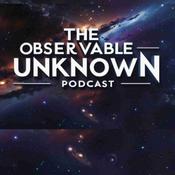



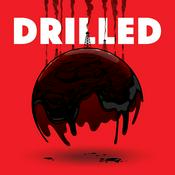




![Podcast Cosmosis [Formerly The UFO Rabbit Hole]](https://www.radio.net/podcast-images/175/the-ufo-rabbit-hole-podcast.jpeg?version=c4cfeed14331265219e0263fd62be755644a8cf4)
